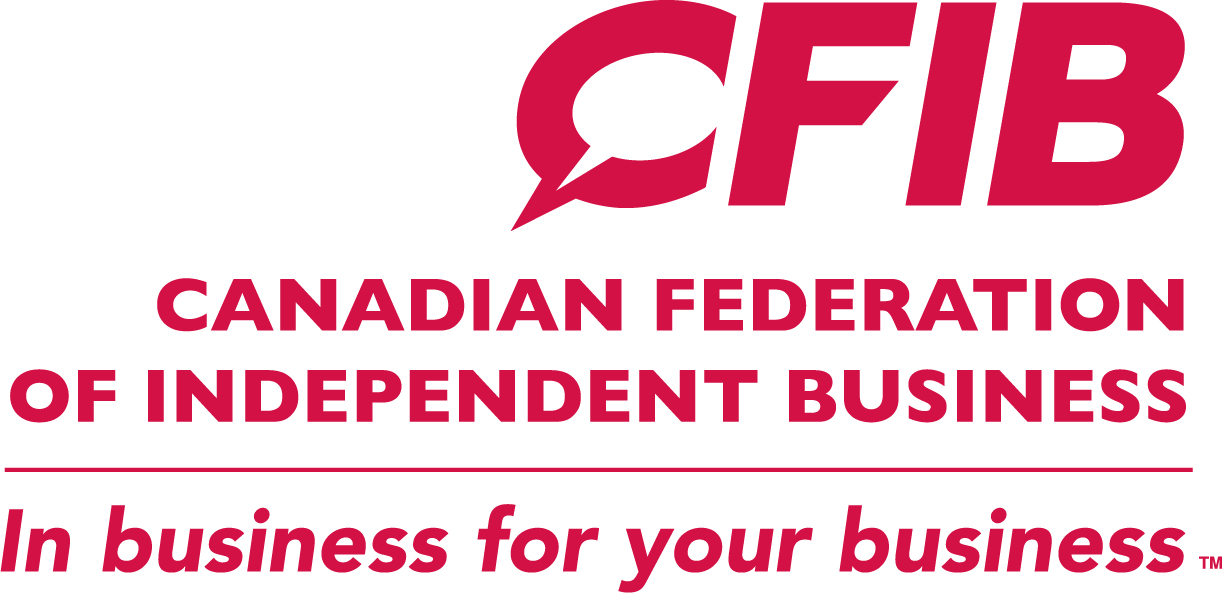Temporary Foreign Worker changes will lead to business closures
Entire regions excluded, higher costs, more red tape, Canadian workers will suffer
TORONTO, June 20, 2014 /CNW/ - Changes to the Temporary Foreign Worker Program (TFWP) announced today will leave some small businesses completely out of options when it comes to hiring and retaining workers. The Canadian Federation of Independent Business (CFIB) is deeply troubled by the exclusion of entire regions from the program, the quadrupling fees, and the government's seeming complete disregard for entire sectors of the economy.
"For a government that has made significant strides to reduce the red tape burden on small business, this is a complete 180 degree turn," said CFIB president Dan Kelly. "This change represents a 'gutting' of the TFW program for many in the restaurant, hotel and retail sectors and is the most small business unfriendly move ever made by this government."
The changes announced today include the complete exclusion from the program of the hotel, restaurant and retail sectors in regions considered to have "high unemployment" – defined as 6% or above. The non-refundable fee to apply for a TFW has also gone from $275 to $1,000 per position, and employers will be forced to provide much more documentation. These changes do nothing to preserve Canadian jobs, and are simply adding more cost for small and medium-sized businesses that use the TFWP to address genuine labour shortages.
"Regional jobless rates mean very little to a small business owner who can't find enough interested workers to keep the doors open," said Kelly. "Unless the federal government is prepared to force unemployed Canadians to move to take jobs they don't want, these changes leave a huge gap for employers. Let's face it, an unemployed computer programmer in Toronto isn't applying for a job to make pizzas in rural Saskatchewan."
CFIB members have acknowledged problems with the program, and have been strongly supportive of action to ensure that it is used appropriately. In a letter to Minister Kenney in May, CFIB proposed a number of changes, including better pathways to permanent residence for lower-skilled workers and stricter enforcement of existing rules. These recommendations were ignored.
"This is a gross over-reaction to a handful of negative stories," added Kelly. "Thousands of businesses that are unable to attract a sufficient number of Canadian workers are losing a critical lifeline. It will likely lead to business closures and, ironically, lost jobs for Canadian workers."
Read the letter to Minister Kenney containing CFIB's recommendations at www.cfib.ca.
CFIB is Canada's largest association of small and medium-sized businesses with 109,000 members across every sector and region.
SOURCE: Canadian Federation of Independent Business

please contact Al Maggi at 416-455-7824 or [email protected].

Share this article